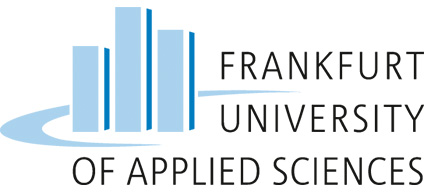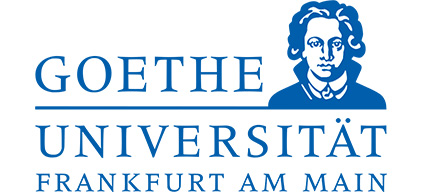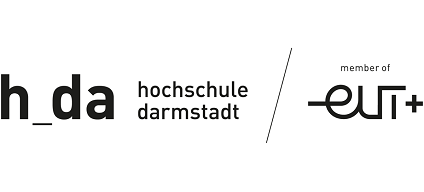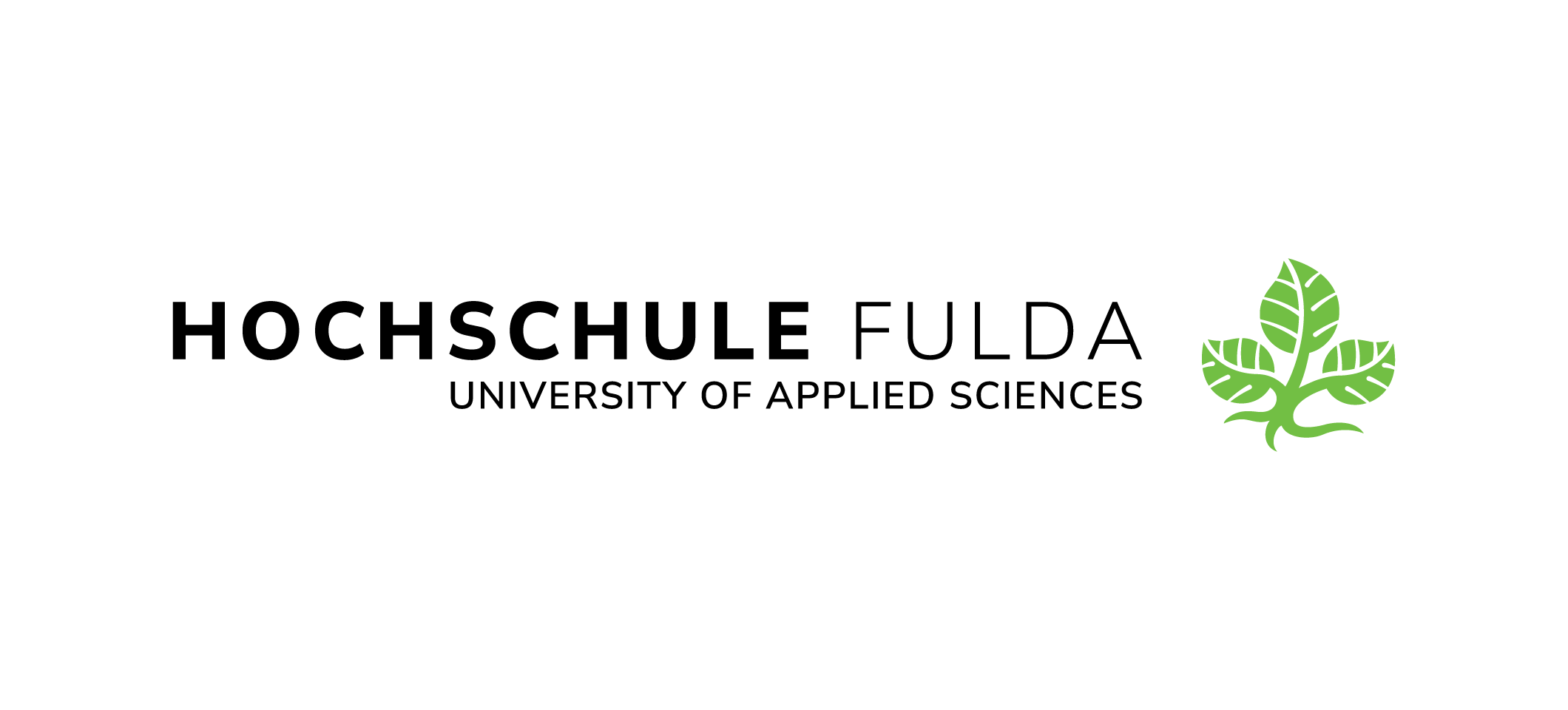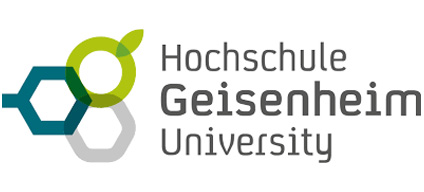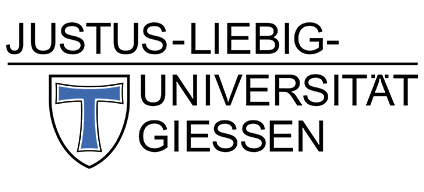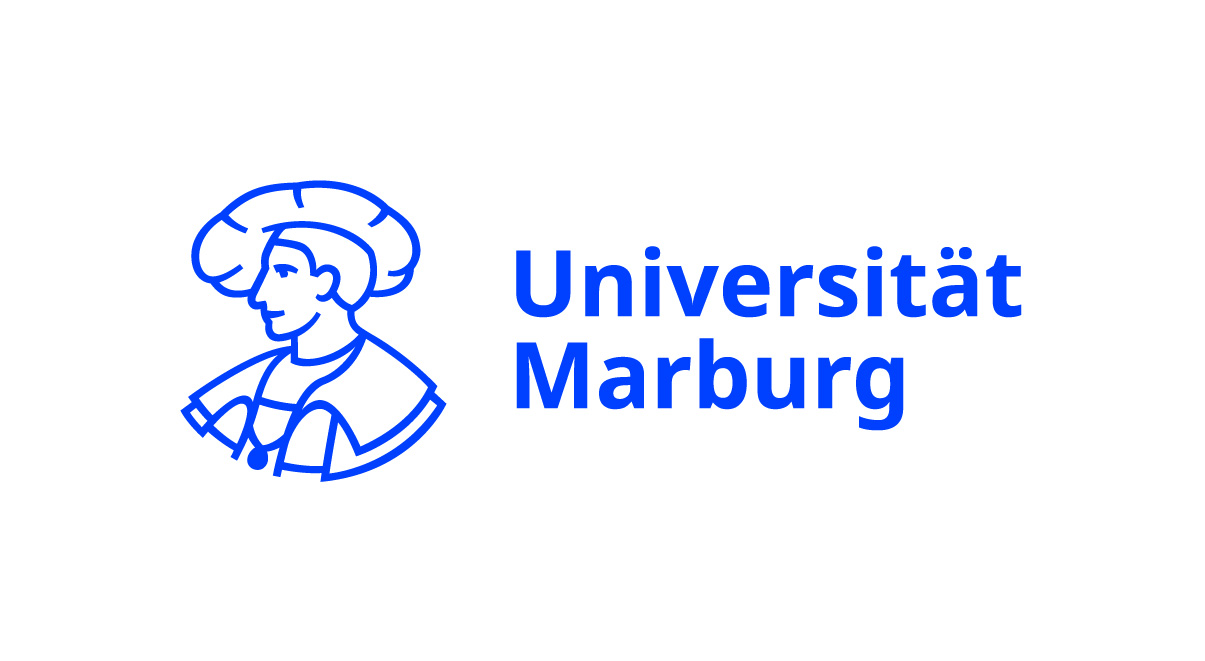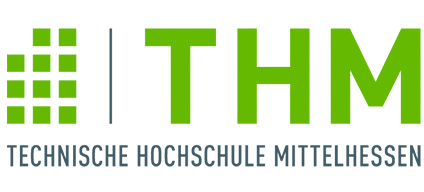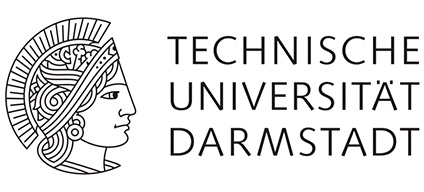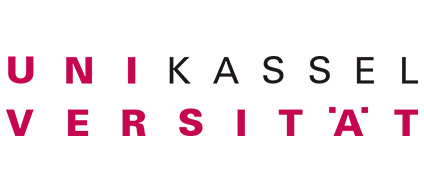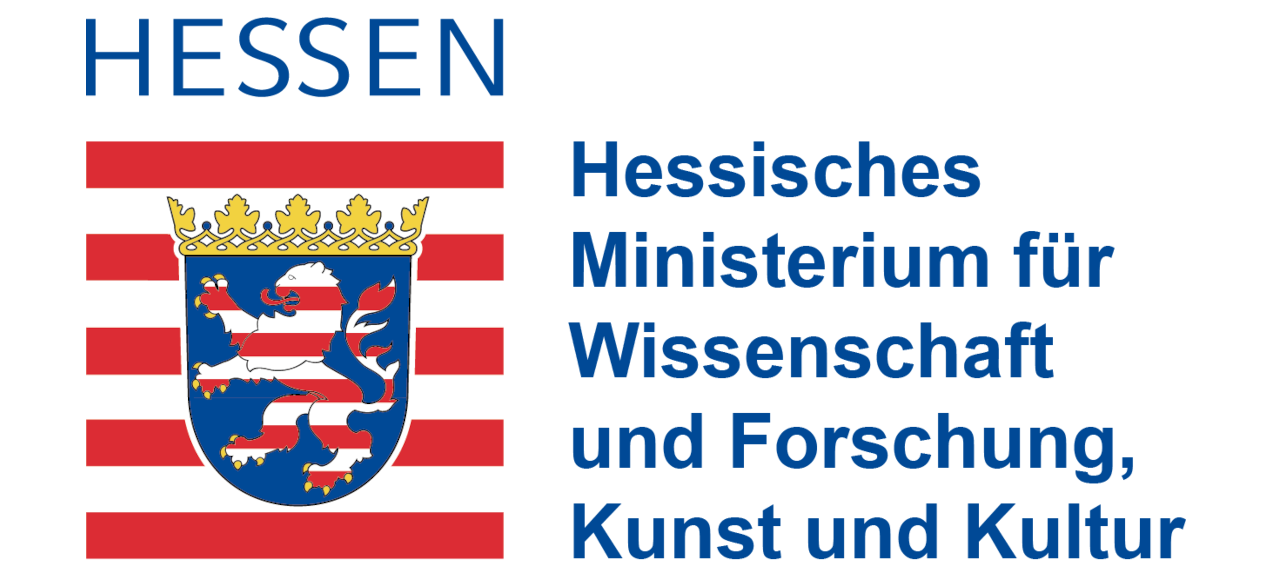Main Content
HeFDI Research Data Day 2022 on June 24th - Nationwide Digital Day

Goals
The HeFDI Research Data Day aims to give researchers, teachers and all other interested parties the opportunity to learn about and try out research data management (FDM) topics and services in sessions. In addition, various infrastructure facilities and centres from Hessen will present their services and offerings. The Research Data Day is free of charge and you are cordially invited to register. In 5 tracks with 4 offers each, you can inform yourself about the focal points Data Modelling & Coding, Electronic Lab Books National Research Data Infrastructure. In two further tracks, we will offer you hands-on workshops as well as introductions to different aspects of research data management. The following programme will be successively supplemented with descriptions.
Programme
8h30-8h45 General introduction to the Research Data Day.
From 8.45 to 13.30 parallel offerings in tracks 1 to 5:
Track 1: Data Modelling & Coding
Presenters: André M. Pietsch (JLU), Andreas Schieberle (h_da)
8h45-09h45 1.1 Introduction to Data Modelling (h_da, JLU)
In this lecture we want to give an overview of different aspects of data modelling and show why the modelling of data must play a central role in the construction of a system. With the help of a simple example, which runs through the entire lecture, we want to show which different possibilities there are to model one and the same data. The examples range from a relational database to JSON format. No previous knowledge is necessary, but a basic understanding of how computer systems work is an advantage.
Format: Lecture with Q&A session
Speakers: Andreas Schieberle, University of Applied Sciences Darmstadt and Andre Pietsch, Justus Liebig University Gießen
10h00-11h00 1.2 Introduction to Programming, Especially with Python (TUDa)
The why and how of getting into programming is discussed in general. There are a variety of applications and technologies to get started with. In this session, however, an example of tabulated data analysis in Python, using the interactive interpreter, will be presented.
Format: Lecture with discussion
Speaker: David Wallace, Technical University of Darmstadt, Germany
11h15-12h15 1.3 Versioning with GitLab (UMR)
Versioning of data generates long-term traceability of changes as well as advantages in collaborative work. This session will present how, motivated by the basic principles of versioning, tools such as Git and GitLab can contribute to sustainable data management.
Format: Lecture with Q&A session
Speaker: Dr. Christian Berger, Philipps University of Marburg, Germany
12h30-13h30 1.4 JupyterNotebooks (ZB Med)
The JupyterNotebooks application enables the inclusion of text, links, images, videos, listing of code and its execution on the spot. Interactive maps and data visualisation can also be incorporated - covering all aspects of data analysis and evaluation. JupyterNotebooks are therefore becoming increasingly popular in research. In this lecture, a first insight into the application is given.
In order to try out the Jupyter notebook live yourself, Anaconda Navigator must first be installed. Anaconda Navigator includes Jupyter Notebook and Python, as well as other useful tools. Anaconda Navigator can be downloaded and installed via the following link: https://www.anaconda.com/products/distribution.
Format: Lecture with discussion
Speaker: Till Sauerwein, ZB Med
Track 2: Electronic Laboratory Books
Presenters: Dr. Birte Cordes (UMR), Dr. Björn Trebels (THM)
8h45-09h45 2.1 Electronic Lab Books - Introduction and Overview (UMR)
This session will provide you with an orientation to electronic laboratory notebooks:
- Types of electronic laboratory notebooks
- Important functions
- Procedure for introductionFormat: Lecture with discussion
Speaker: Dr. Birte Cordes, Service Centre for Digitally Supported Research, Philipps-Universität Marburg
10h00-11h00 2.2 eLabFTW - an Introduction (THM)
Lab books are part of everyday research: this is where, among other things, measurement results, sketches of experimental set-ups, observations or evaluations end up. But what happens when these data are increasingly digital? Should they be printed out and pasted in - or is there a better solution?
This is where electronic laboratory notebooks (ELNs) come in. Using the example of the OpenSource ELN elabFTW (https://www.elabftw.net), an insight will be provided into how ELNs can replace the classic paper lab book and what additional possibilities they offer.Format: Lecture with discussion
Speaker: Dr. Björn Trebels, Technical University of Central Hesse
11h15-12h15 2.3 Chemotion & Research Data Infrastructure NFDI4Chem (NFDI4Chem)
Electronic Laboratory Journals (ELNs) are one of the most important tools for researchers to publish their research data according to the FAIR principles (Findable, Accessible, Interoperable, Reusable). The open-source ELN Chemotion as well as the connected Chemotion repository, which are continuously developed by the NFDI4Chem consortium within the framework of the NFDI (National Research Data Infrastructure), are especially designed to implement the FAIR principles. In this session you will get an insight into the ELN & Repo as well as other free offers, tools and resources of the NFDI4Chem.
Format: Lecture with discussion
Speaker: Dr. Nicole Jung, NFDI4Chem / KIT Karlsruhe
12h30-13h30 2.4 Kadi4Mat - an Introduction (KIT Karlsruhe, NFDI4Ing)
In research today, many digital results are produced from experiments, simulations or measurements. Often, however, only the most important data is stored in the long term, for example if it is part of a scientific publication. The Kadi4Mat software creates technical possibilities to store as much of the accumulating data as possible in such a way that a benefit can be drawn from it. On the one hand, it is particularly important to record the data simply and as automatically as possible, but on the other hand, it is also important to store the information correctly: The more data is stored, the more important it becomes to catalogue and classify the data correctly so as not to have to search for a needle in a haystack later on. This is why software like Kadi4Mat is needed to store information in a meaningful way, to make it available in the long term and to relate it to each other. Only in this way can the accumulated data be efficiently searched, analysed, visualised and compared with each other in order to maximise the information gain from scientific work.
Format: Lecture with discussion
Speaker: Dr.-Ing. Michael Selzer, KIT Karlsruhe / NFDI4Ing
Track 3: NFDI in Particular in Hesse
Presenter: Dr. Dietmar Kammerer (NFDI4Culture/UMR)
08h45-09h45 3.1 Overview: What is the NFDI? (UMR)
The National Research Data Infrastructure is an initiative that aims to systematically make science and research data accessible, networked and usable in a sustainable and qualitative way for the entire German science system.
Format: Lecture with Q&A session
Speaker: Dr. Dietmar Kammerer, NFDI4Culture / Philipps-Universität Marburg
10h00-11h00 3.2 Research Data Management for Biodiversity Data (UMR/NFDI4BioDiversity)
In our presentation "Research Data Management for Biodiversity Data", we will introduce NFDI4Biodiversity and convey the basics of research data management. Among other things, we will discuss repositories, metadata (standards) and persistent identifiers in biodiversity research.
Format: Lecture with discussion
Speakers: Marlen Fischer, University of Marburg/NFDI4Biodiversity; Juliane Röder, University of Marburg/NFDI4Biodiversity
11h15-12h15 3.3 Making Data Quality for Cultural Data Tangible (Foto Marburg)
What is data quality? What are the dimensions of data quality? Why is data quality so important? Together, we would like to answer these and other questions and, with the help of personae, get to know the problems and limits of data quality, but also the opportunities and possibilities. Our "Custodian 'Captain' Karl" and/or "the motivated post-doc Sven" will help us with this.
Format: Lecture with discussion
Speaker: Celia Krause, German Documentation Centre for Art History - Bildarchiv Foto Marburg; Hanna-Lena Meiners, German Documentation Centre for Art History - Bildarchiv Foto Marburg
12h30-13h30 3.4 m4i - a Model for Process-Based Documentation of Research Data (TUDa)
Data documentation via metadata plays a major role in any research project and metadata is the key to finding and understanding even your own data. In addition, it provides a reliable record for future references and enables reuse and reproduction of results.
In order to enable FAIR (findable, accessible, interoperable, reusable) use of research data, the documentation needs to follow standardized norms and be machine-actionable. For this, semantic models offer a wide range of benefits. Different metamodel schemas exist today, designed and developed for different purposes and disciplines. However, in many cases the vocabularies and their semantic definitions and formalizations do not fit actual engineering applications.
Metadata4Ing (m4i) is an ontology based metamodel schema for process-based description of research, focusing on the provenance of both data and material objects. Metadata4Ing is intended as a general process model applicable to engineering and many other disciplines and focuses on general concepts like in- and output, employed methods and tools as well as the investigated entity, reusing terms of existing ontologies where possible.
Format: Lecture with discussion
Speakers: Dr. Ashish Karmacharya, ULB Darmstadt; Dr. Marc Fuhrmans, ULB Darmstadt
Track 4: Introduction to Research Data Management
Presenters: Robert Lipp (FRA-UAS), Dr. Thomas Richter (HFD)
08h45-09h45 4.1 Introduction to Research Data Management (HGU)
The talk addresses the questions: What is research data? What does research data management consist of? Why do researchers have to deal with it?
Format: Lecture with discussion
Speaker: Dr. Laura Rodríguez, Geisenheim University of Applied Sciences
10h00-11h00 4.2 Archiving and Publication of Research data (HSRM)
Your data can do more! The topic will be what you can still do with your data after the end of the project. In detail, the questions are: What do we mean by archiving as opposed to storage and long-term archiving? Where can this be done? How can data be published and what needs to be considered? You will gain practical insights through the exemplary presentation of a data repository.
Format: Lecture with discussion
Speaker: Dr. Judith Dähne, RhineMain University of Applied Sciences
11h15-12h15 4.3 Data Quality (HFD)
Data quality is a multidimensional concept about data itself and its presentation and documentation. Criteria are partly subjective, with possible trade-offs between individual criteria. The decisive factor is the potential for subsequent use of data ("fit for purpose"). For researchers, data quality refers both to their own data - where cases of re-use are not always foreseeable - and to the assessment of other data, including non-scientific data. The presentation will explain the data quality concept with examples from various disciplines.
Format: Lecture with discussion
Speaker: Dr. Thomas Richter, Fulda University of Applied Sciences
12h30-13h30 4.4 Introduction to Long-Term Archiving (JLU)
In this introduction, we would like to delineate the field of long-term archiving in general and specifically address the challenges of research data. The role of data curators in this context will also be introduced. In the discussion, participants will be able to share their experiences and discuss questions about long-term archiving with the speakers.
Format: Lecture with discussion
Speakers: Michael Freiberg, Gießen University Library; Dr. Elena Hamidy, Gießen University Library
Track 5: Hands-On-Workshops FDM
Presenters: Dr. Sabrina Jordan (UKS), Dr. Nina Dworschak (GUF)
8h45-09h45 5.1 Data Management Plans & RDMO (UKS)
A data management plan (DMP) is simply a one to two page summary explaining how you will manage the data collected during your project. In this workshop you will learn about the main components of a DMP and best practice examples. Data management planning enables research data to be opened up, reduces the risk of data loss and is an essential part of good scientific practice. You will also learn about the Research Data Management Organiser (RDMO) for digitally creating data management plans.
Format: Workshop
Speakers: Dr. Sabrina Jordan, Kassel University
10h00-11h00 5.2 Create my Data Management Plan (GUF, HFD)
If you are developing a project or applying for funding, you will probably need a data management plan. In this hands-on workshop, you will learn how to use the main features of the Research Data Management Organiser (RDMO) web app for your data management: How do I answer a questionnaire? How do I use the tabs for different data sets? How do I create versions ("snapshots")? If you don't just want to try out RDMO, it's best to bring your (virtual) data project with you. We will carry out the necessary registration together.
Format: Workshop
Speaker: Dr. Nina Dworschak, University Library of the Goethe University Frankfurt; Patrick Langner, Fulda University of Applied Sciences
11h15-12h15 5.3 Dilemma Game Research Data Management - We Play the Dilemma Game (UMR)
Forschungsdatenmanagement ist vielfach ein abwägendes Problemlösen. Abwägend, weil es häufig kein einfaches ja oder nein, richtig oder falsch gibt. Wie das vermittelt werden kann, probieren wir anhand des Dilemma-Games der Universität Rotterdam spielerisch aus.
Format: Workshop
Referierende Person: Dr. Esther Krähwinkel, Servicezentrum digital gestützte Forschung, Phlipps-Universität Marburg
12h30-13h30 5.4 Data preparation with OpenRefine (TUdata)
Please note that this workshop is already fully booked and registration for it is no longer possible.
In our workshop "Data Preparation with OpenRefine" you will learn the basics of preparing and transforming tabular data with the open source software OpenRefine . OpenRefine provides functions to identify and correct inconsistencies in large amounts of data under a graphical user interface that outwardly resembles spreadsheet software. For example, it is possible to combine slightly different spellings of a name or term in different entries by clustering and then unify them. Such data preparation often makes later analysis of the data much easier.
Using an example data set, the operation and important functions of the software are presented and can be practically reproduced on one's own PC. This includes, among other things:
- creating a project and importing data,
- the use of facet, filter and cluster functions,
- the transformation of data (e.g. splitting cell contents) and
- the export of data.Instructions on how to install the software on one's own computer and on the sample data set will be provided in advance of the workshop. No special previous knowledge is required for participation in the workshop.
Format: Workshop
Speaker: Andre Pfeifer, TUdata
Registration
Registration is closed.
